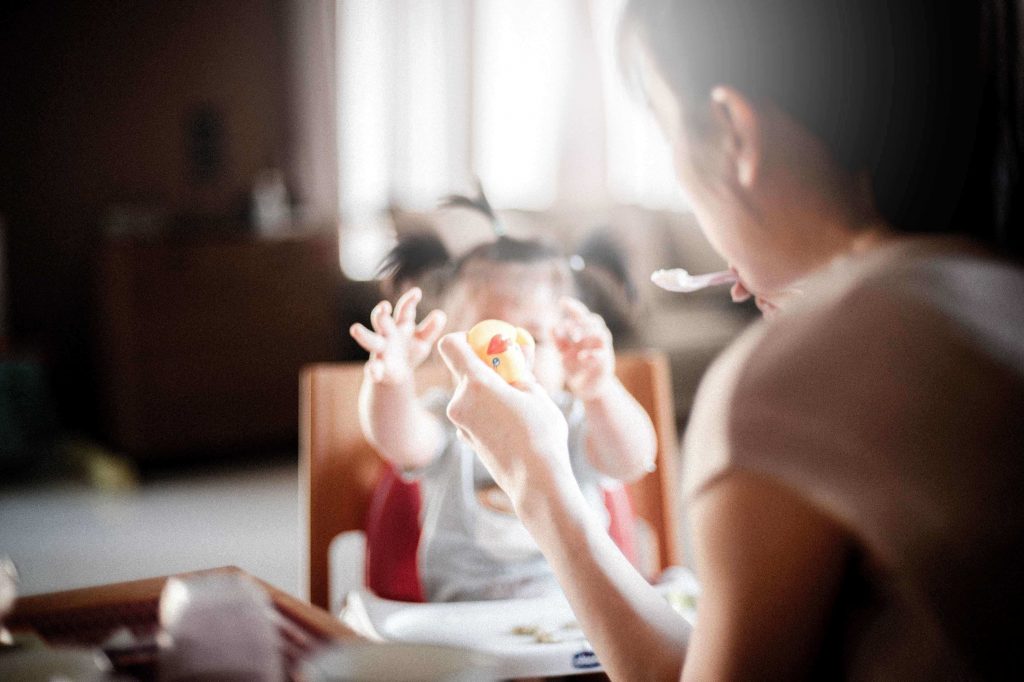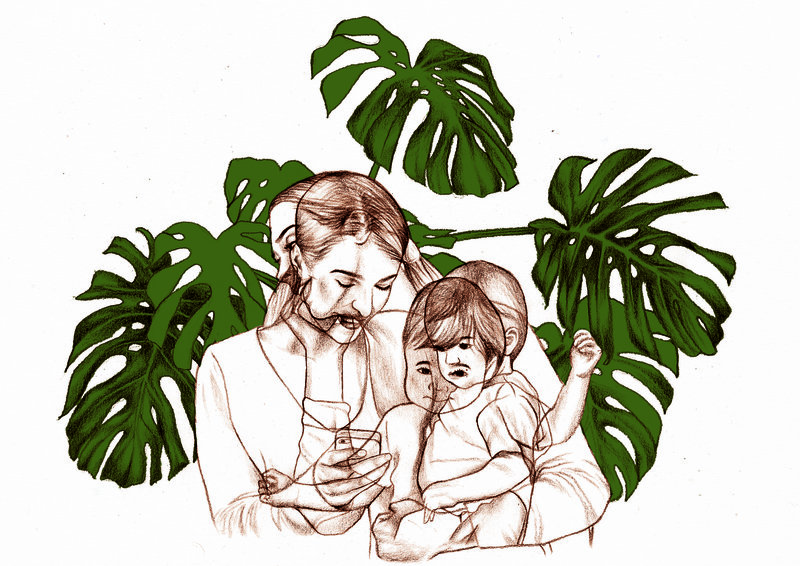It’s human nature to complain, no matter one’s circumstances. I often catch myself mid-whine, but for the sake of my inner peace, I try as much as possible to bite my tongue first before I get started on my complaints. After all, as a 31-year-old woman living quite comfortably in a culturally advanced albeit still progressing city, I am part of the generation enjoying the benefits of what the women who came before me have fought hard for.
Thanks to technology, issues that used to take years, if not decades, to be brought to light can now be exposed and discussed almost overnight. It’s an era I can say I am blessed to be part of. Despite its downsides, technology has proven to be a tool that is also advantageous.

In the realm of motherhood, however, the lines are not so clear. With the influx of information available at my fingertips, even my most obscure questions have answers online. Yet with this accessibility comes the pressure to do more and be more.
Three years ago, after learning of my pregnancy, the joy I initially shared with my husband turned to worry. I have anxiety disorder and it fueled my need to prepare for my then impending motherhood.
I’ve since come to understand that complexity is the very nature of motherhood.
Worse, with the influx of opinions, it felt as if mothers were being demanded to take sides. Are you breast- or bottle-feeding? Are you wearing your baby, or are you reliant on your stroller and mechanical soothing devices? Do you practice “no tears,” or are you for the Ferber method? And the list goes on. Positive reviews on a particular practice are matched with equally vehement backlash, with the judgment meted out behind the protection of anonymity.
I’ve since come to understand that complexity is the very nature of motherhood. It’s such a completely new experience to first-time mothers that we can’t live through it by following to the letter other mothers’ tips or published guides. Add to that the responsibility of raising a human being— not a robot that comes with a manual, not something we can just mold according to our liking.
But often, whatever motherhood theory we hold true is backed by clinical research. The different paths every mother takes are simply variations headed to a common goal. That’s a pill we can have a hard time swallowing due to our psychological wiring.
We value the facts that support our core beliefs— then use them to step on others’.
The internet compels us to create various personas: We’re able to show our best selves despite the problems we face, yet we are also capable of spewing hate through our comments, completely forgetting the effects our words and actions have on others. We now have opinions on virtually everything—and working for a social media organization has exposed me to the craziest ones, even those including death threats—because technology has made information we think to be true more accessible. We value the facts that support our core beliefs— then use them to step on others’. We may feel we’ve become smarter, but especially with the cloak of online anonymity, we’ve also lost our empathy.
Motherhood isn’t immune to this, and it’s something every mother has to remember. As the worries of parenthood drive us to learn more, we must choose our sources wisely, work what we’ve learned into our own lifestyle, and see if the result answers our children’s needs. As with everything, it helps to take things with a grain of salt, a generous serving of empathy, and the acceptance that misinformation can happen even to the best of us. It’s the only way to stay a sane parent in the digital age.
This story originally appeared in Northern and Southern Living, Jan-Feb 2018.
Read more:
Kris Aquino is the proud mama you should aspire to be
Why you should eat with your family more often
Yes, it’s perfectly acceptable to kiss your child on the lips
Writer: SAMANTHA RAMOS-ZARRAGOZA
ILLUSTRATION JOHN CHESLEIGH NOFIEL




